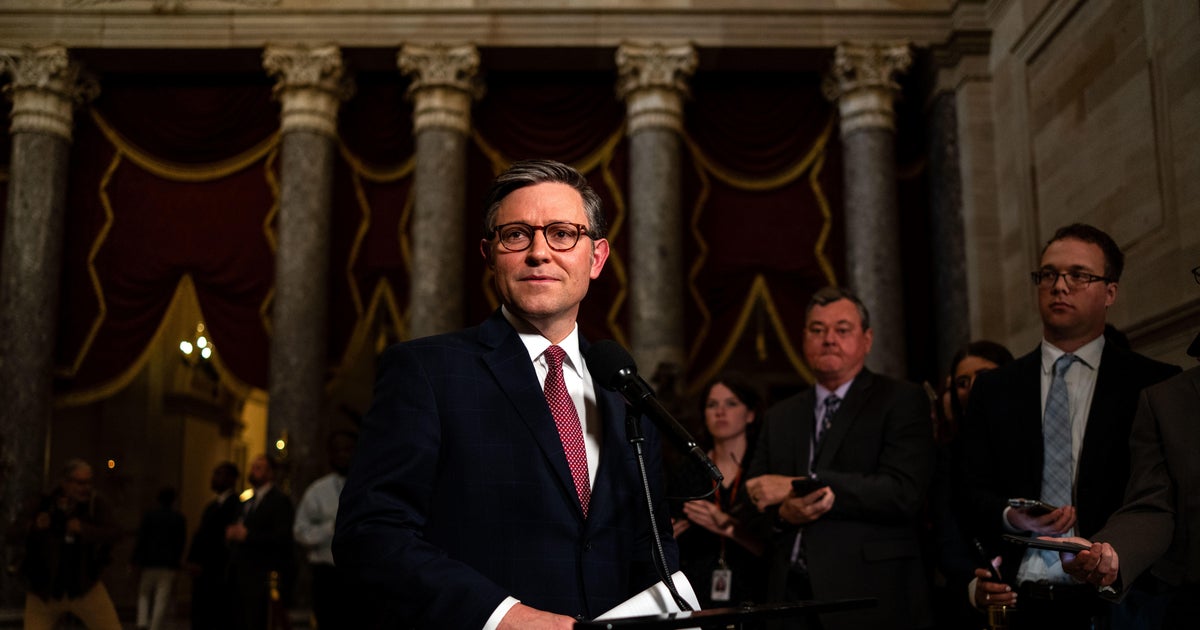1 in 6 women of color are facing food insecurity because of the pandemic, study finds
Women of color continue to disproportionately bear the brunt of the economic devastation caused by the COVID-19 pandemic, reporting higher rates of lost income, food insecurity, and missed housing payments, according to a new study.
Since March, 57.1% of Hispanic women and 53.6% Black women say they've lost income, according to a study conducted in August and released Thursday by the National Women's Law Center, a Washington, D.C.-based nonprofit focused on policy and litigation. That's compared to about 41% among White men and women. More than 1 in 6 Black and Hispanic women reported not having enough food in the past week — more than double the rate of White or Asian American women, according to the study.
Housing security is also an issue. Among renters, nearly a quarter of Black women and just over 15% of Hispanic women said they're behind in rent payments, compared to about 11% of White men and women. And about 16% of Black women and 13% of Hispanic women homeowners say they've missed a mortgage payment, compared to about 7% of White homeowners, according to data compiled by the NWLC.
"The women of this country have endured seven long months of economic devastation and uncertainty from this mismanaged pandemic, worsened by racial and gender inequities far older than the coronavirus," said Fatima Goss Graves, the president and chief executive officer of NWLC, in an email to CBS News. "Women need a recovery that will not only allow them and their families to survive this pandemic, but lays the groundwork for a more equitable economic future."
In Washington, D.C., negotiations surrounding a second stimulus package appear to be moving forward between Democrats and the White House, but Senate Majority Leader Mitch McConnell is not on board. At a news conference Thursday, House Speaker Nancy Pelosi said she and Treasury Secretary Steven Mnuchin are "just about there." "We continue to be engaged in negotiations and I am hopeful we will be able to reach agreement," Pelosi said.
Economic uncertainty and job losses have disproportionately impacted women since the onset of the pandemic. Between February and April, 12.1 million women lost their employment, accounting for 55% of all coronavirus-related job losses, according to calculations made by the NWLC using data from the Bureau of Labor Statistics.
As the economy has begun to inch back and communities reopen, women accounted for two-thirds of the jobs added in July, but 44.2% of those jobs were in leisure/hospitality and retail — work that often requires in-person contact with guests and clients, placing employees at a higher risk of exposure to the virus.
It's also work that's vulnerable to being shut down again as coronavirus cases have surged across the country. The number of new COVID-19 cases in the United States rose Wednesday for a third straight day, with more than 62,000 new cases reported, according to a tally from Johns Hopkins University.
Job losses have been particularly high among women of color. As of September, the unemployment rate among Black women was 11.1%, compared to 6.9% among White women and 6.5% among White men, according to data from the U.S. Bureau of Labor Statistics.
Many women have stopped looking. In August and September, 1.1 million people dropped out of the labor force, meaning they've either left their job or stopped looking for employment. Of those, 865,000 were women, according to NWLC.



